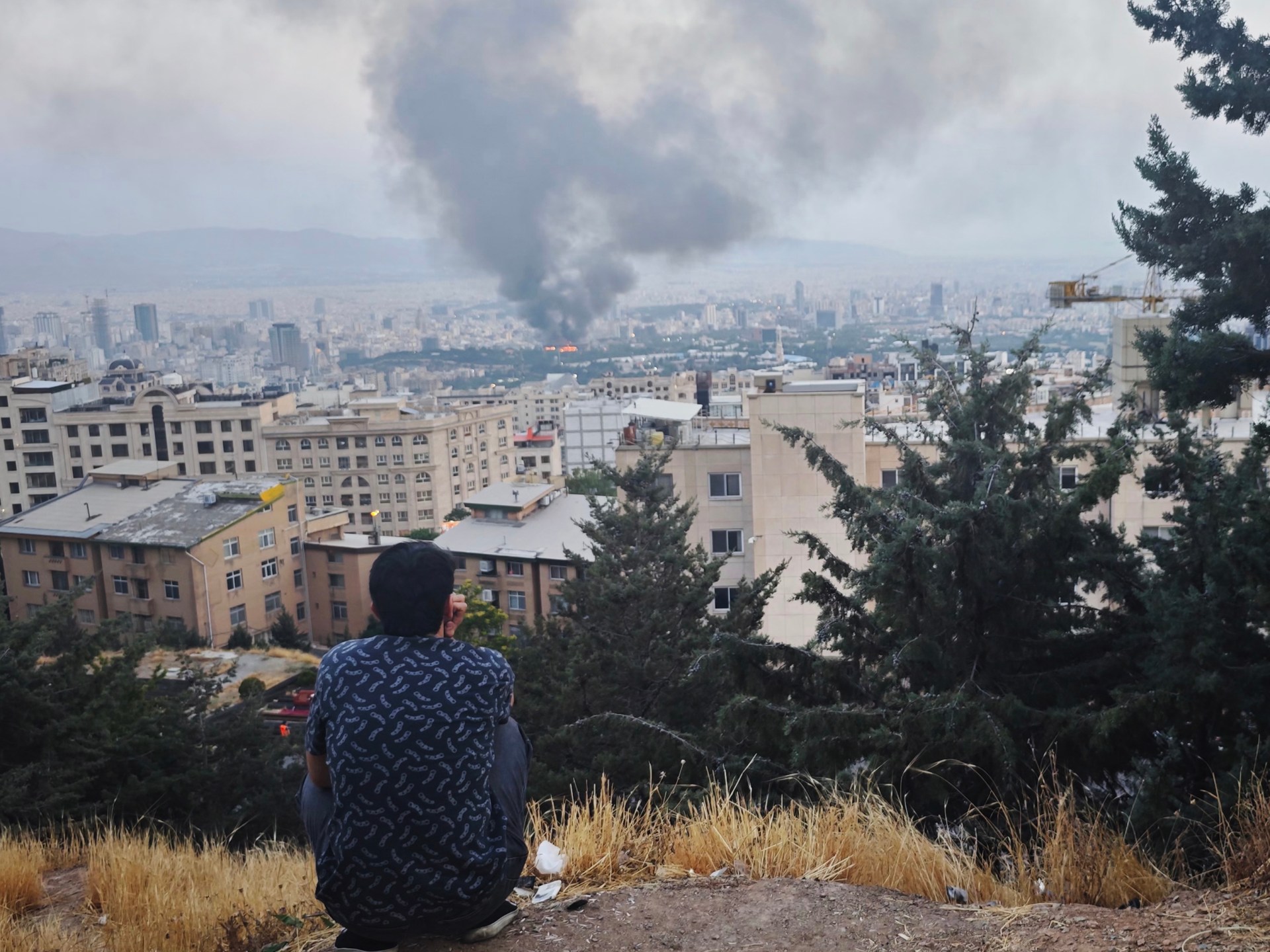Sabrina Carpenter is still dealing with it on ‘Man’s Best Friend’
Pop superstardom, it turns out, did absolutely nothing to improve Sabrina Carpenter’s love life.
That’s the thrust of the singer’s shrewd and tangy “Man’s Best Friend,” which dropped Thursday night, just a year after last summer’s chart-topping “Short n’ Sweet.” The earlier album, which spun off a pair of smash singles in “Espresso” and “Please Please Please,” went on to be certified triple platinum and to win two Grammy Awards — more than enough to transform Carpenter, now 26, from a former Disney kid into the latest (and horniest) member of pop’s A list.
Yet all that success seems only to have attracted more of the losers she sang about last time. Here she’s dealing with a smooth talker doling out empty promises, a crybaby who can’t decide what he wants, even a guy so fixated on self-betterment that he’s lost interest in the bedroom.
“He’s busy, he’s working, he doesn’t have time for me,” she trills exasperatedly in “My Man on Willpower,” “My slutty pajamas not tempting him in the least.”

It’s a veritable gallery of rogues, this LP, not least the dude in the dark suit pictured on the cover of “Man’s Best Friend” with a hank of Carpenter’s blond hair in his fist as she kneels before him. The image inspired an instant controversy when she unveiled it in June, with critics accusing her of propping up dangerous ideas about the submission of women in the age of the tradwife.
Responded the singer in a CBS News interview that aired Friday: “Y’all need to get out more.”
Indeed, to take the album artwork at face value is to miss the whole point of Sabrina Carpenter, which is not just lampooning a prudish instinct — of course she’s in on the joke — but demonstrating the limits of a dating scene — of an entire social power structure — in which this is what a girl at the top has to work with.
“I like my boys playing hard to get / And I like my men all incompetent,” she sings in the LP’s opener and lead single, “Manchild.” She swears she’s not choosing them — that they keep choosing her. Then she punctuates the claim by batting her fake eyelashes and rhyming “Amen” with a flirty “Hey, men.”
As with “Short n’ Sweet,” Carpenter made “Man’s Best Friend” with a tight crew of accomplices — Jack Antonoff, John Ryan and Amy Allen, plus a bunch of tasty studio players — and once again they get a sound that combines the hooky splendor of ’70s-era AM-radio pop (think ELO, Wings and especially ABBA) with touches of country and dance music.
“Tears,” in which Carpenter lusts after a guy capable of putting together a chair from IKEA, is a pillowy disco thumper with echoes of KC and the Sunshine Band’s “That’s the Way (I Like It)”; “Nobody’s Son” puts starchy palm-court strings over a bouncy reggae groove. Carpenter’s singing plays like an actor’s sizzle reel, by turns winsome, sneering, bubbly and resigned; in the twangy “Go Go Juice” alone — it’s about a woman who’s woken up at 10 a.m. and opted to spend the day drunk-dialing exes — she runs through every emotional gradient separating determination from shame.
Song for song — line for line, really — “Man’s Best Friend” isn’t quite as sharp as “Short n’ Sweet,” which offered the rare thrill of a young artist coming into her own on her sixth studio album. Occasionally, you can sense Carpenter reaching for a memeable lyric, as in the many gags about wetness in “Tears”; “When Did You Get Hot?,” meanwhile, feels like something Ariana Grande abandoned after workshopping for a minute.
When she’s on, though, she’s on: “Goodbye” is a dazzling orchestral-pop number in which she gives the boot to a hot-and-cold lover — “Arrivederci, au revoir / Forgive my French, but f— you, ta-ta” — and “House Tour” a winking sex romp whose thwacking drums and rubbery funk bass call to mind Paula Abdul’s “Opposites Attract.” (After Doja Cat’s Antonoff-produced “Jealous Type,” might this signal a coming Abdul-aissance?)
Near the end of the album, Carpenter dials down the comedy for “Don’t Worry I’ll Make You Worry,” a sad and shimmery ballad about the thin line between love and war. “Silent treatment and humbling your ass / Well, that’s some of my best work,” she sings over strummed acoustic guitar before promising oh so sweetly to “leave you feeling like a shell of a man.”
If you can’t join ’em, beat ’em.

